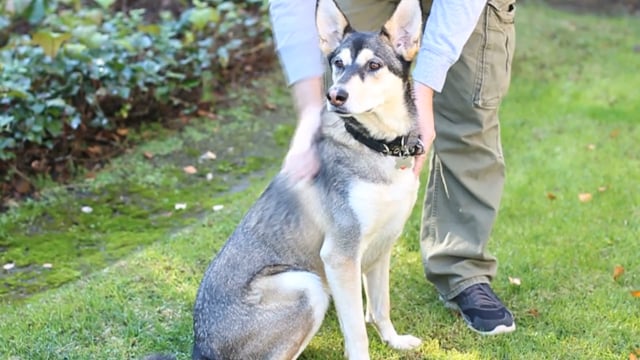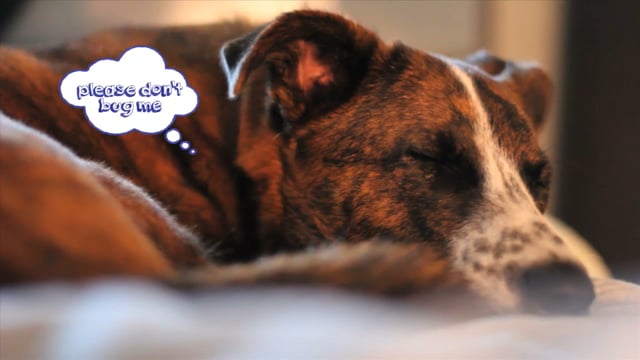In this section
Make an Appointment
Make an appointment
To make an appointment: call the Central Scheduling or use the "request an appointment" button to submit your request online.
(877) 607-5280- Parents Home
- Para Padres
- A to Z Dictionary
- Allergy Center
- Asthma
- Cancer
- Diabetes
- Diseases & Conditions
- Doctors & Hospitals
- Emotions & Behavior
- First Aid & Safety
- Flu (Influenza)
- General Health
- Growth & Development
- Heart Health & Conditions
- Homework Help Center
- Infections
- Newborn Care
- Nutrition & Fitness
- Play & Learn
- Pregnancy Center
- Preventing Premature Birth
- School & Family Life
- Sports Medicine
- Teens Home
- Para Adolescentes
- Be Your Best Self
- Body & Skin Care
- Diseases & Conditions
- Drugs & Alcohol
- Flu (Influenza)
- Food & Fitness
- Homework Help
- Infections
- Managing Your Weight
- Medical Care 101
- Mental Health
- Nutrition & Fitness
- Safety & First Aid
- School, Jobs, & Friends
- Sexual Health
- Sports Medicine
- Stress & Coping
Dogs and Preventing Dog Bites
Maybe you love them and want to pet every one you see. Or maybe you're afraid of them and want to move to a dog-free neighborhood. Either way, dogs are a part of life.
Millions of people have dogs as pets. You'll see them all over town, in the city, country, and even when you're on vacation. They come in all shapes, sizes, and personalities — a lot like kids!
Like many kinds of pets — no matter how small or cute they are — dogs need to be respected as animals that, under certain conditions, could hurt you. You can respect a dog by giving it space and following certain rules. These rules not only keep the dog happier, they can protect you from getting bitten.
Use Your Dog Manners
When we say to use your "dog manners," we don't mean you should eat off the floor or pee in the yard! We mean you should follow certain rules when you meet or spend time with dogs — especially ones you don't know.
If you meet someone new, maybe your mom or dad showed you how to shake hands and say, "Nice to meet you." Well, you can also have some equally good dog manners. That means taking certain steps every time you meet a dog or spend time with one. Dogs will love that you're so polite and, best of all, they will be less likely to bite you!
Where do you go to learn dog manners? You've come to the right place!
Learning DOG SAFE
One dog expert has come up with an easy way for kids to remember seven tips to prevent dog bites. It spells "DOG SAFE."
D: Don't Tease, Please
O: Only Pet With Permission
G: Give Space
S: Slow Down
A: Always Get Help
F: Fingers Together
E: Even Good Dogs Can Bite
Let's talk a little bit about each one of these.
Don't Tease, Please: Teasing a dog can make it angry or frustrated enough to bite. For instance, if a dog has food or a toy, never try to take it away. You wouldn't like it if someone grabbed your snack while you were eating it!
Only Pet With Permission: Never pet a dog without asking the owner if it's OK. Some dogs don't like to be touched by strangers. And don't try to pet a stray dog.
Give Space: Little kids especially might run right up to a cute dog and try to pet it or give it a hug. But dogs need space. Crowding a dog can frighten or anger the dog.
Slow Down: Some dogs like to chase and bite. Of course, you don't want to be chased or bitten! The way to avoid it is to go slow around dogs. Never run toward them or away from them. If a dog you don't know runs toward you, freeze. If you need to get away, back up slowly.
Always Get Help: It can be tempting to bring home a dog that seems lost or injured. But animals who are lost or injured may be very frightened or in pain. Find a grown-up instead who can decide how to care for the animal.
Fingers Together: When feeding a dog a treat, put the treat in the palm of your hand and keep your fingers and thumb close together. Why? The dog is less likely to get confused about which is the treat — the doggie snack or your finger!
Even Good Dogs Can Bite: Some people are very surprised when their dog bites someone, but all dogs can bite. Avoid doing things that make dogs scared or angry, such as backing them into a corner or bothering them when they are sleeping. Also learn the warning signs that a dog may bite, such as growling, backing up, or curling its lip up to show its teeth.
Get a Grown-up to Watch You
Even though many dogs love kids, it's safest for everyone when an adult watches over the kid and the dog. The grown-up can help control the dog or maybe decide that the dog has had enough play time with the kids and it's time for them to separate.
Grown-ups also can remind you to use your dog manners. And grown-ups can help you know how your dog manners might change a little bit, depending on how well you know the animal. For instance, you might play a friendly game of chase with your new puppy. But you wouldn't want to chase — or run away from — a strange, growling dog!
Speaking of strange dogs, here's another reason to turn to a grown-up. If an unfamiliar dog wanders into your neighborhood, the grown-up can decide what to do next. Maybe you will need to come inside until help arrives or the dog is taken back to its owner.
When kids use their dog manners (and grown-ups keep an eye on kids and dogs), the day can end just the way it should — with happy kids, happy dogs, and no dog bites!

How to Meet a New Dog
Do you like to make new dog friends? Watch this video to learn how to meet new dogs in a way that will be calm and safe for both you and the animal.

Stay Safe Around Dogs
If a strange dog approaches, you can take steps to avoid a dog bite. Find out how!

© 1995- The Nemours Foundation. KidsHealth® is a registered trademark of The Nemours Foundation. All rights reserved.
Images sourced by The Nemours Foundation and Getty Images.
